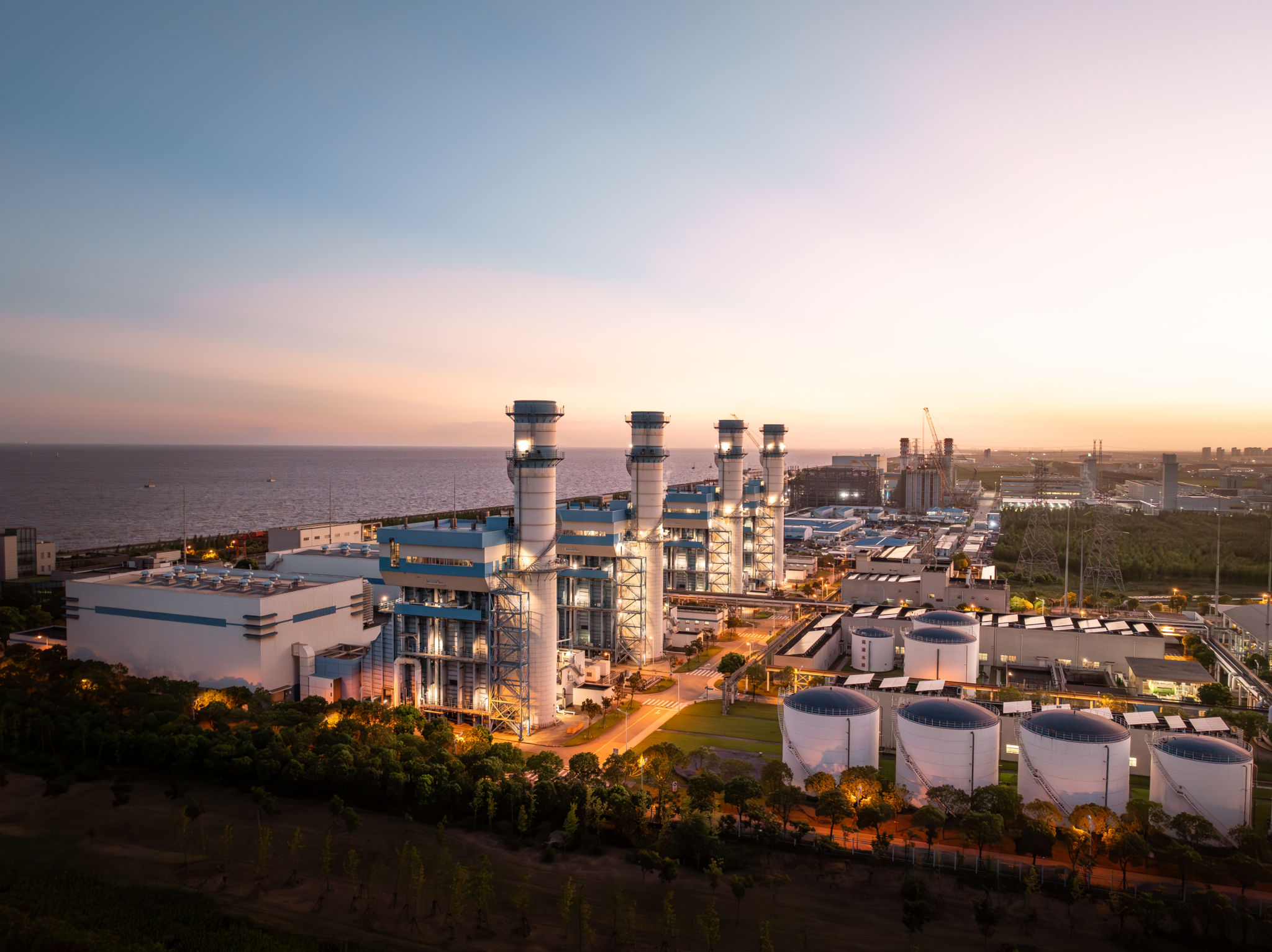Exploring the Environmental Impact of Waste-to-Energy Solutions in Cameroon
Understanding Waste-to-Energy Solutions
Waste-to-energy (WtE) solutions have emerged as a significant innovation in reducing environmental impact while simultaneously generating energy. In Cameroon, a country grappling with waste management challenges, these solutions offer a promising avenue for sustainable development. By converting waste into energy, Cameroon can tackle its waste disposal issues and provide cleaner energy alternatives.

The Current State of Waste Management in Cameroon
Cameroon faces substantial difficulties in managing its waste, especially in urban areas where population growth has led to increased waste production. The lack of efficient waste disposal systems has resulted in uncollected waste piling up in streets and landfills. This situation poses severe environmental threats, including pollution and health hazards for the local communities.
Implementing WtE technologies could drastically improve the situation by reducing the volume of waste that ends up in landfills. By converting organic and inorganic waste into energy, these technologies not only help manage waste more effectively but also provide an additional source of renewable energy.
Environmental Benefits of Waste-to-Energy Solutions
One of the primary advantages of WtE solutions is their potential to significantly lower greenhouse gas emissions. Traditional waste disposal methods, such as landfilling, release methane—a potent greenhouse gas—into the atmosphere. By converting waste into energy, WtE plants can minimize these emissions.

Moreover, WtE solutions help in conserving natural resources. By extracting energy from waste, Cameroon can reduce its dependence on conventional fossil fuels, which are finite and environmentally damaging. This shift not only supports a cleaner environment but also fosters energy security for the nation.
Economic and Social Implications
Beyond environmental benefits, WtE technologies can significantly impact Cameroon's economy and society. The establishment of WtE facilities creates job opportunities in construction, operation, and maintenance sectors. Additionally, by generating electricity from waste, these solutions can contribute to the national grid, enhancing energy access for remote and underserved communities.

Furthermore, public health stands to improve with reduced reliance on landfills and open burning. These traditional methods are known to emit harmful toxins and pollutants that affect air quality and public health. Transitioning to WtE solutions ensures cleaner air and healthier living conditions for Cameroon’s population.
Challenges and Considerations
While the potential benefits of WtE solutions are numerous, there are challenges that Cameroon must address to ensure successful implementation. Financial constraints pose a significant hurdle, as setting up WtE plants requires substantial initial investment. Additionally, there is a need for skilled personnel to manage and operate these facilities effectively.
The government and private sector must collaborate to create conducive policies and incentives that attract investment in WtE projects. Public awareness campaigns can also play a crucial role in educating citizens about the benefits of waste segregation and proper waste disposal, which are critical components of WtE success.
The Future of Waste-to-Energy in Cameroon
Cameroon stands at a crossroads where effective waste management solutions are crucial for sustainable development. By embracing WtE technologies, the country can address its environmental challenges while bolstering its energy infrastructure. The journey towards widespread adoption of these solutions requires concerted efforts from all stakeholders, including the government, private sector, and local communities.

As Cameroon explores this promising avenue, it has the opportunity to become a leader in sustainable waste management in Africa. By prioritizing environmental health and sustainable energy production, Cameroon can pave the way for a greener future that benefits both its people and the planet.
